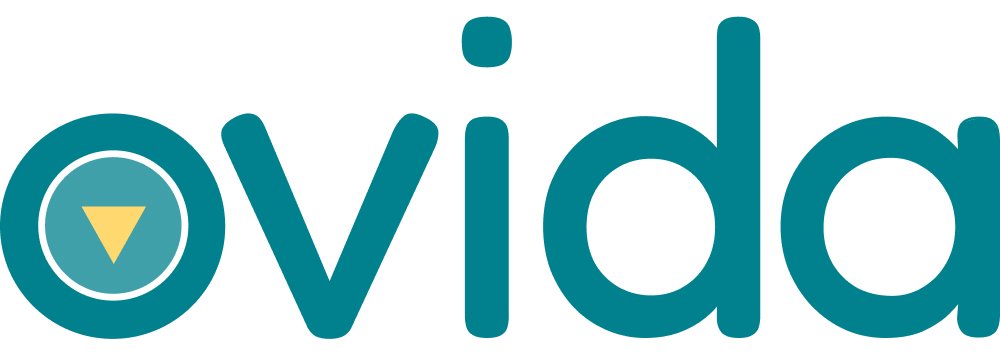Built on optimism Grounded in science
We are deeply optimistic about the potential for AI to positively impact humans. Delivering on that ambition ethically and reputably requires that everything we do is grounded in solid, peer-reviewed science.
Learn more about the science that drives Ovida from our head of research, Dr. Nicky Terblanche.
Open-ended questions serve as the cornerstone of effective coaching, allowing for deep reflection and insight generation before jumping to solutions. Research underscores their importance, with experienced coaches emphasizing their use. In sales, these questions are invaluable for building trust and eliciting vital information about client needs and preferences, ultimately enhancing the sales process. Thus, the parallel between coaching and sales highlights the significant role of open-ended questions in both domains.
The power of open-ended questions
The link between coaching and sales interactions
The effectiveness of coaching relies on the coach-client relationship, emphasized by research. Techniques like questioning and active listening are crucial for coaching success, mirroring their importance in sales. Effective listening and strategic questioning significantly impact sales outcomes, underscoring their importance. Deliberate practice of these skills is essential for improvement. The transferability of coaching skills to sales offers potential benefits for salespeople. Further exploration of these skills will be discussed in subsequent articles.
How AI can help create better sales people
I have been collaborating with Ovida for a while now to research the ability of AI to help people learn coaching skills faster. We are currently working on a large-scale randomised controlled trial (RCT) longitudinal study to determine how effective their software platform is in improving a range of coach metrics such as coach talk time, interruption rate, number of open questions, question rate and more. While we started off focussing on coaching we soon realised that good coaching skills are in fact universally useful skills far beyond coaching. In speaking to a colleague in the business of sales, I realised that many of the skills we teach coaches are highly applicable in the sales environment.
Coaching has become a well-established and recognized profession, with growing demand for both life and workplace coaching. This growth has led to an increase in the number of coaches, but also a need for quality training, which can be expensive. The use of AI in coaching is a new but promising field, with AI chatbots already showing efficiency in coaching and AI-based training platforms, such as Ovida, providing cost-effective training for coaches by analyzing and providing feedback on coaching sessions. This is the first article in a series exploring the principles behind using AI in coaching, with a focus on how coaches learn and how software can facilitate this process.
The case for AI-assisted coaching supervision software
How coaches learn
Coaches can learn and improve their skills through various learning theories, including adult learning, experiential learning, and reflective practice. Coaches can benefit from an AI-assisted coaching supervision software platform that provides self-directed learning options, instant feedback, and a real-world experimental learning environment. Ovida can also help coaches become aware of their content and process of coaching, ultimately enhancing reflective practice. To be better coaches, it is crucial to keep learning, and Ovida, satisfies many of these primary learning needs.
Reflection is a key aspect of learning, but it requires self-awareness and the ability to observe oneself. There are different types of reflection, including reflection-in-action and reflection-on-action. The latter is often done through video feedback, which helps coaches become more self-aware and improve. However, the level of insight and learning depends on the student's willingness and ability to reflect. AI-assisted coach supervisors could help by providing objective feedback, analyzing multiple aspects at once, keeping accurate records, and improving over time. This would be a more cost-effective solution than relying solely on human supervisors. The next article will explore how an AI-assisted expert system works and how it can help coaches gain insight into their coaching process.
The power of reflection on objective feedback
Significant moments in coaching
The article discusses how coaches can improve their practice through reflection and objective feedback, potentially aided by AI algorithms. The International Coaching Federation lists eight main competencies for coaching, each with specific behaviours that can be observed. Certain coaching behaviours are more easily quantifiable than others, and identifying the measures of "good" and "bad" coaching that can be reliably quantified is key to creating algorithms for automated coach supervision. Research has identified various factors that affect coaching outcomes, but they are difficult to measure objectively. Critical moments in coaching have been studied, and indicators of "good" and "bad" coaching have been identified. In the next article, the measures used by the team at Ovida to automate coach supervision will be explored.








